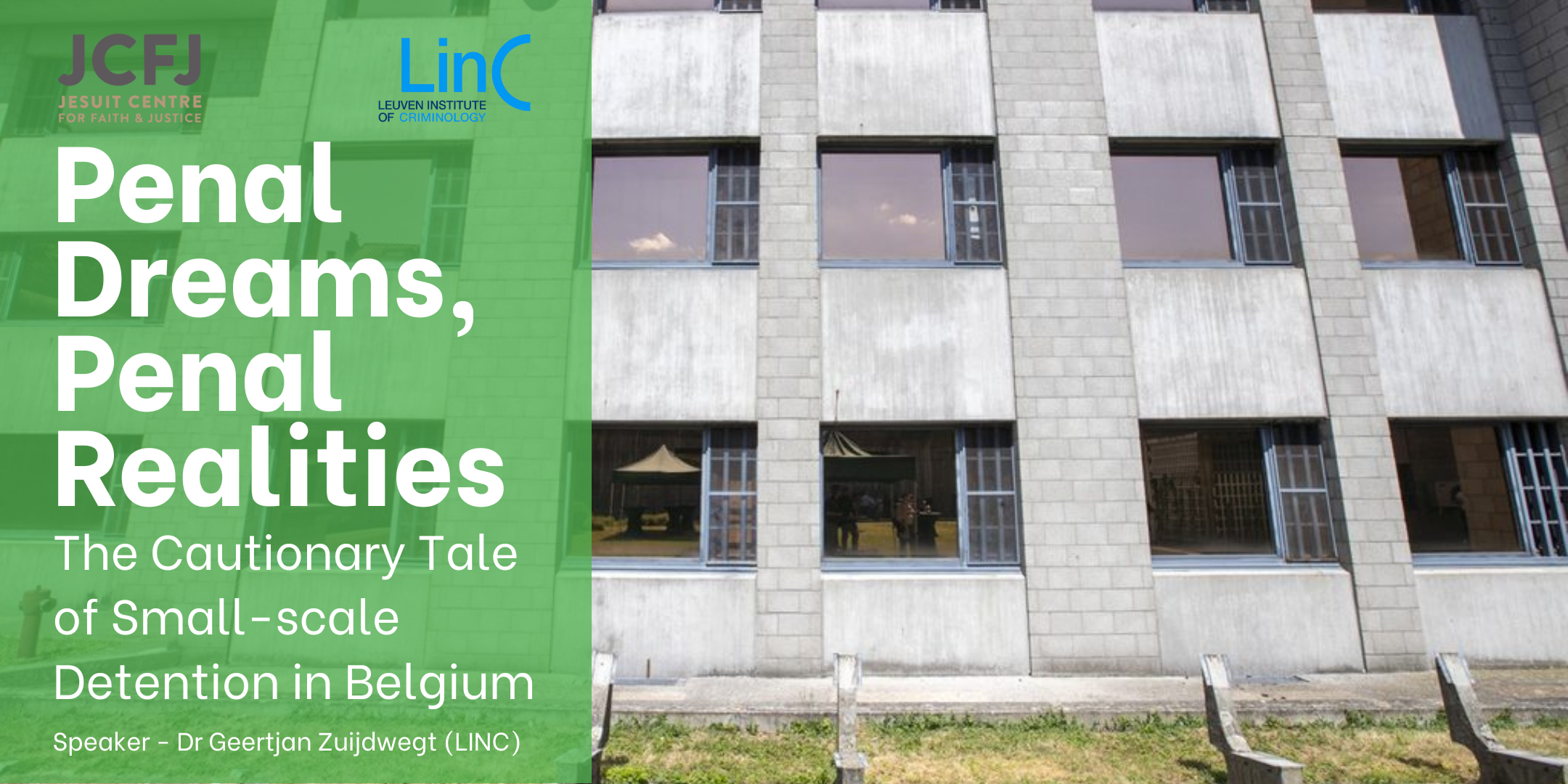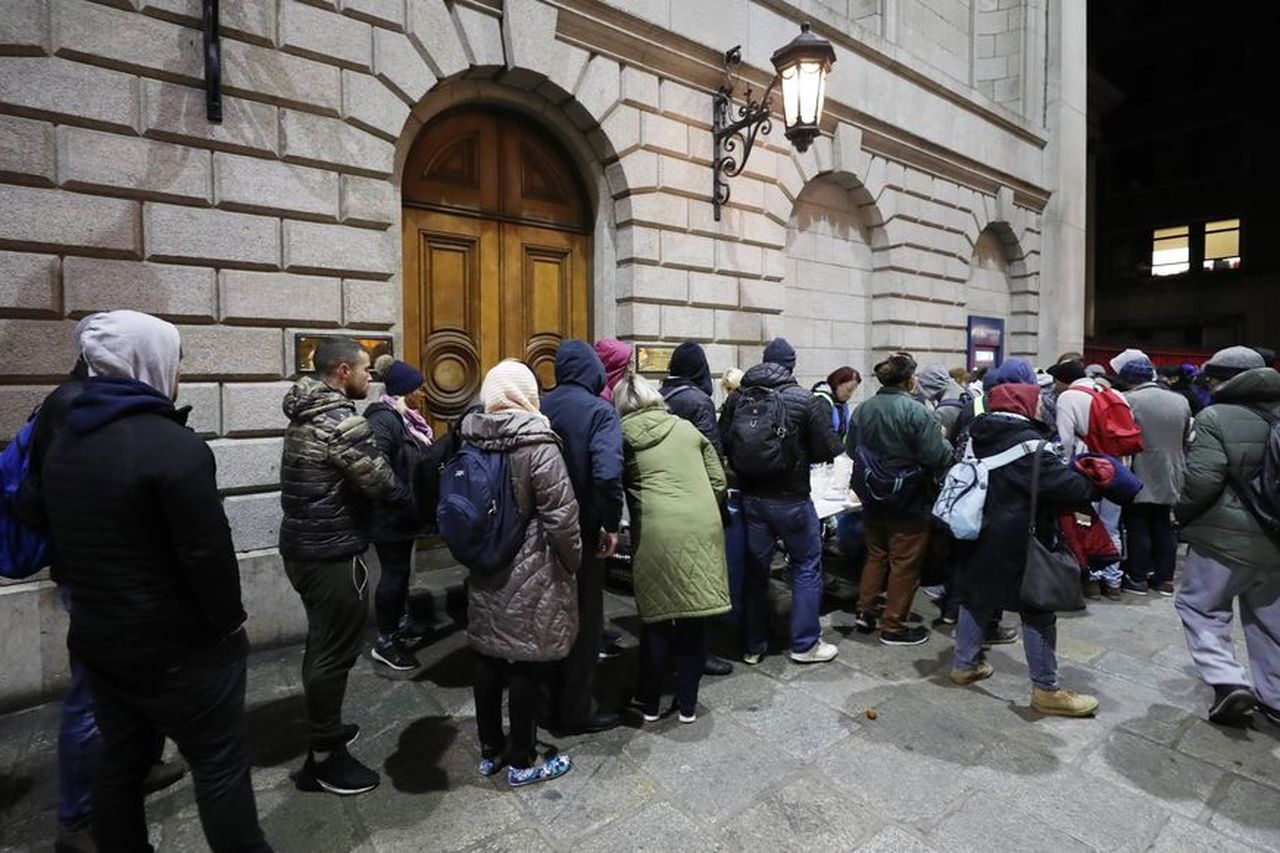
JCFJ Expert Seminar – “Penal Dreams, Penal Realities: The Cautionary Tale of Small-scale Detention in Belgium”
On 13th March 2025, the Jesuit Centre for Faith and Justice welcomed Dr Geertjan Zuijdwegt—criminologist and theologian at KU Leuven—for an expert seminar on small-scale detention and the Belgian experience of implementing this modality of punishment.










